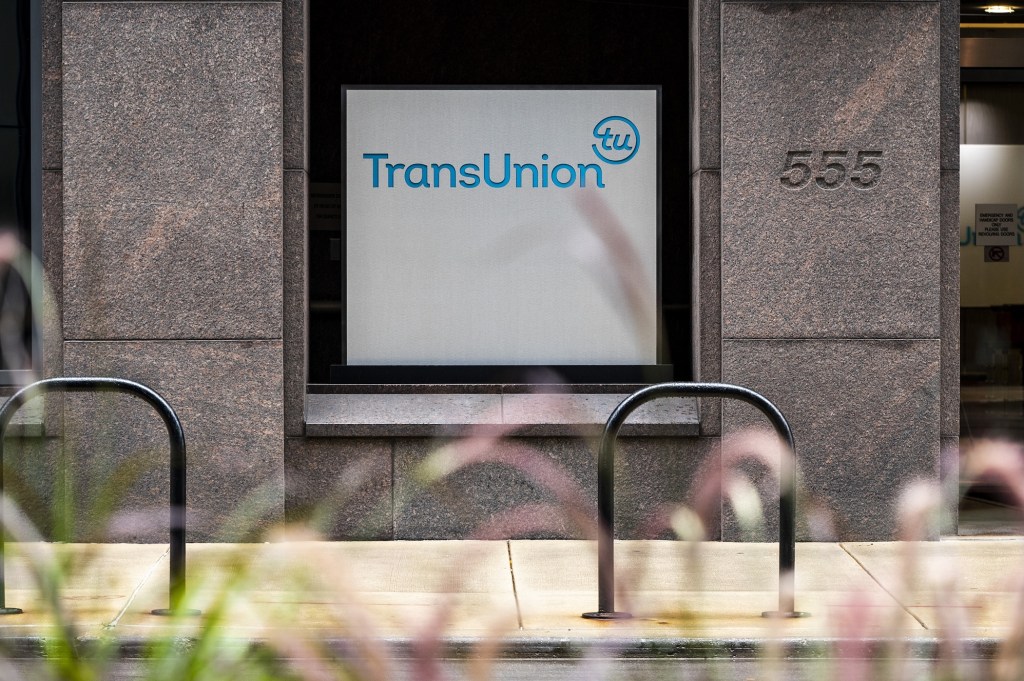Opera has unveiled its latest innovation, Opera Neon, a browser designed to redefine user interaction through advanced AI capabilities. This new platform integrates artificial intelligence to automate tasks such as online shopping, form completion, and even coding, marking a significant evolution in web browsing technology.
Key Features of Opera Neon:
1. Chat Functionality: Neon includes a chatbot interface that allows users to search the web, receive answers to queries, and obtain detailed information about the webpages they visit. This feature enhances the browsing experience by providing immediate, context-aware assistance.
2. Do Feature: Utilizing Opera’s Browser Operator AI agent, introduced in March 2025, this feature automates tasks like form filling and managing travel bookings directly within the browser. The Browser Operator operates locally, ensuring user data remains private and secure.
3. Make Function: Perhaps the most groundbreaking aspect of Neon is its ability to generate websites, games, code snippets, and reports based on user prompts. This functionality leverages AI workflows executed through a cloud-based virtual machine, enabling Neon to perform tasks autonomously, even when the user is offline. Users can run multiple tasks simultaneously, significantly boosting productivity.
Subscription Model and Accessibility:
Currently, Opera Neon is accessible via a waitlist, with plans for a subscription-based model upon its official release. While specific pricing details have not been disclosed, this approach suggests a commitment to providing premium AI-driven services to its user base.
Contextualizing Opera’s AI Integration:
Opera’s foray into AI-enhanced browsing is not unprecedented. In May 2023, the company introduced Aria, an integrated browser AI developed in collaboration with OpenAI. Aria connects to OpenAI’s GPT technology and offers real-time web results, assisting users in information retrieval, text and code generation, and addressing product-related queries. This integration marked a significant step in Opera’s strategy to embed AI functionalities directly into the browsing experience.
Industry Landscape and Competition:
Opera’s advancements in AI-driven browsing occur within a competitive landscape where several tech companies are exploring similar innovations. For instance, The Browser Company has teased an AI-powered browser named Dia, aiming to incorporate agentic capabilities. Additionally, Google is developing projects that utilize AI agents to perform tasks and enhance search results. These developments indicate a broader industry trend towards integrating AI to automate and enhance user interactions within web browsers.
Privacy and Security Considerations:
A critical aspect of Opera’s AI integration is its emphasis on user privacy and data security. The Browser Operator AI agent operates locally on the user’s device, avoiding the need to upload sensitive information to external servers. This design choice addresses common privacy concerns associated with AI applications and aligns with Opera’s commitment to safeguarding user data.
Future Prospects and User Implications:
The introduction of Opera Neon signifies a transformative shift in web browsing, where AI not only assists but actively performs tasks on behalf of users. This evolution has the potential to streamline workflows, reduce manual input, and open new avenues for creativity and productivity. As Opera continues to refine and expand Neon’s capabilities, users can anticipate a more intuitive and efficient browsing experience.
Conclusion:
Opera’s launch of Neon represents a bold step into the future of web browsing, characterized by deep AI integration and automation. By enabling the browser to handle complex tasks such as coding and form completion, Opera is setting a new standard for what users can expect from their browsing experience. As the digital landscape evolves, Opera’s commitment to innovation positions it as a leader in the convergence of AI and web technology.



